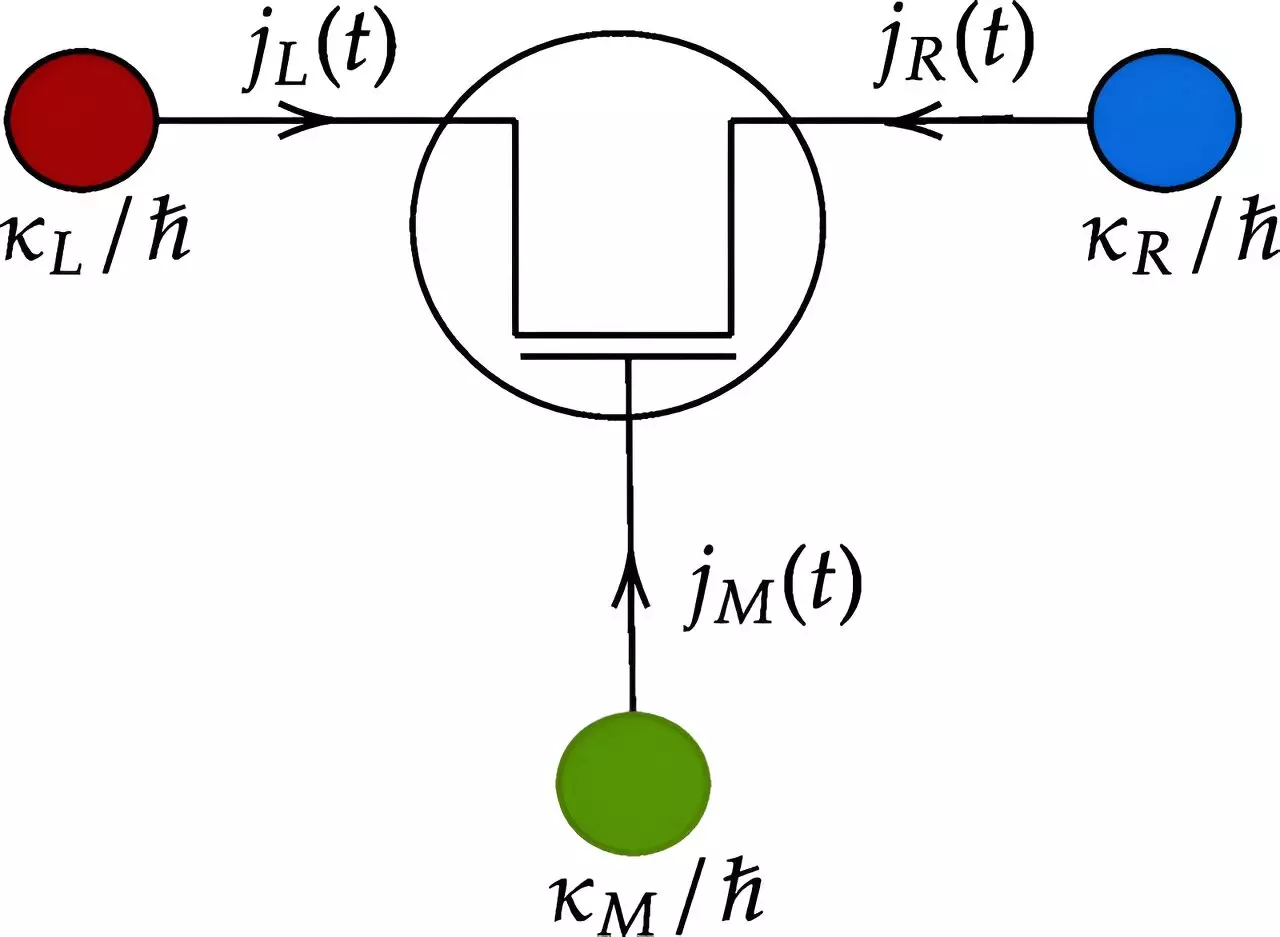In recent years, researchers have been actively exploring the manipulation of quantum systems and materials to achieve significant breakthroughs in energy management and conservation. This pursuit has led to the development of a cutting-edge platform dedicated to the creation of quantum thermal machines, which aims to unlock the full potential of quantum technologies in advanced energy solutions. One particular area of focus is the development of quantum thermal transistors, sophisticated devices designed for the precise management of heat transfer. However, the current cooling infrastructures, especially those catering to diverse qubit technologies like quantum computers, present significant challenges. This calls for the development of innovative solutions to address these cooling and environmental regulation issues.
In the design of quantum thermal machines for advanced energy management, quantum measurements and control play a pivotal role. These interventions help preserve the inherent quantum properties of devices and prevent their undesirable transition into a classical state induced by environmental interactions, a phenomenon known as decoherence. However, the introduction of noise by measurement probes presents a formidable challenge, requiring the development of novel solutions. To tackle this critical issue, researchers have introduced a new theoretical framework called the conditioned quantum thermal transistor. This paradigm involves continuous monitoring orchestrated by the device’s environmental milieu, enabling a deeper understanding of its dynamics and paving the way for the refinement and optimization of quantum thermal machine architectures.
To comprehend and analyze the behavior of conditioned quantum thermal transistors, researchers have devised an elaborate stochastic noise model. This model mirrors the small-signal model used in classical transistors, providing insights into the nuanced dynamics of these devices. By characterizing the stochastic behavior resulting from intrinsic fluctuations, thermal noise, and extraneous perturbations such as measurements and feedback control, researchers gain a comprehensive understanding of the operational limitations inherent in small-scale devices. These findings have been published in the journal Physical Review B.
While the maturation of functional quantum thermal transistors is still in its early stages, the current publication establishes a pioneering framework for further advancements in this field. Future research aims to study the complex dynamics of these devices when subjected to feedback control through continuous measurements. It is essential to highlight the distinct characteristics of quantum feedback compared to its classical electronic counterpart. Therefore, a thorough exploration is necessary to ensure the seamless integration of quantum feedback mechanisms into thermal transistors, ultimately leading to the emergence of innovative and highly efficient heat management systems.
Uthpala N. Ekanayake, a PhD candidate and member of the Advanced Computing and Simulations Laboratory at the Department of Electrical and Computer Systems Engineering, Monash University, Australia, earned her B.Sc. in electrical and electronic engineering with first-class honors from the University of Peradeniya, Sri Lanka. She conducts her research under the supervision of Prof. Malin Premaratne.
Prof. Malin Premaratne, a full professor at Monash University Clayton, Australia, has a unique expertise in quantum device theory, simulation, and design utilizing the principles of quantum electrodynamics. His cross-disciplinary approach combines profound theoretical physics with pragmatic electrical engineering methods, creating a nexus between fundamental physics and translational engineering technology. Prof. Premaratne has made significant contributions to optics and photonics and has been recognized with fellowships from prestigious organizations such as the Optical Society of America, the Society of Photo-Optical Instrumentation Engineers USA, the Institute of Physics U.K., the Institution of Engineering and Technology U.K., and The Institute of Engineers Australia.
The development of quantum thermal machines and the exploration of quantum thermal transistors are paving the way for advanced energy solutions. The integration of quantum measurements and control is crucial for preserving the quantum properties of devices and mitigating the adverse effects of environmental interactions. The introduction of a conditioned quantum thermal transistor framework and a stochastic noise model offers new insights into the dynamics of these devices and provides a foundation for future research and development. With ongoing refinement and the seamless integration of quantum feedback mechanisms, highly efficient heat management systems can be realized, opening up possibilities for revolutionary advancements in energy technology.



Leave a Reply